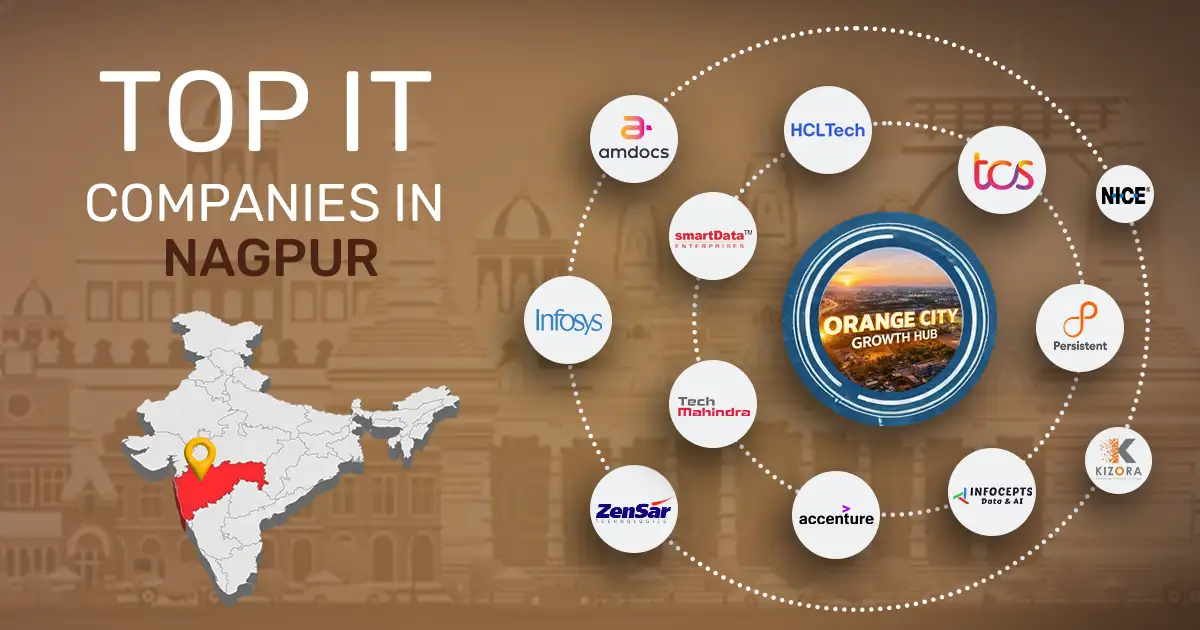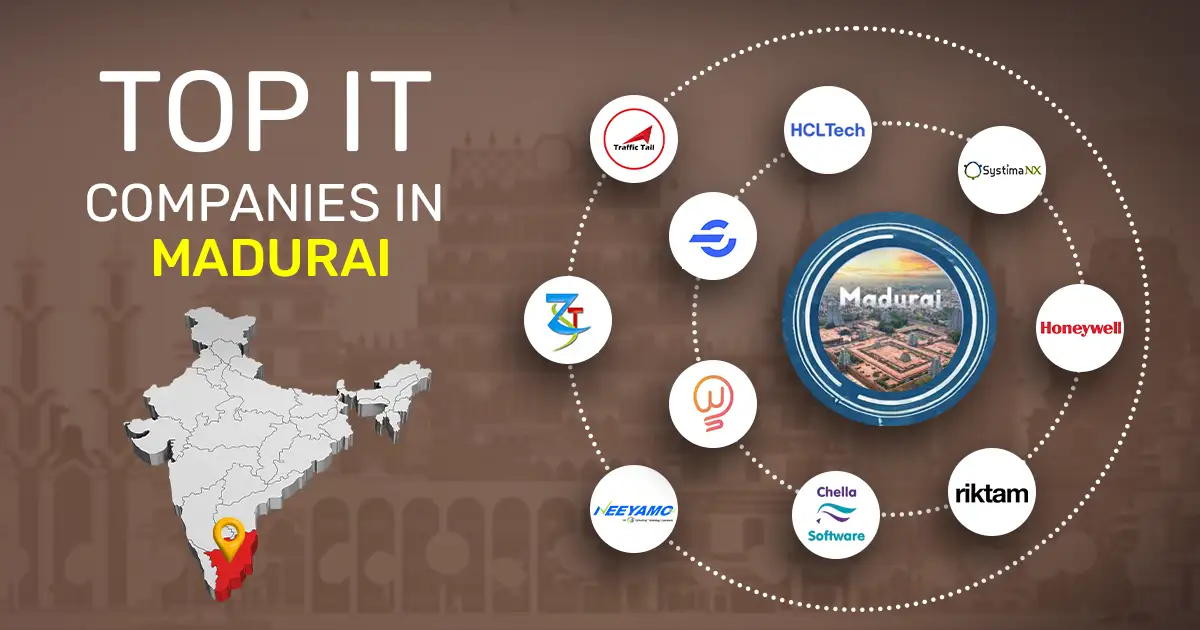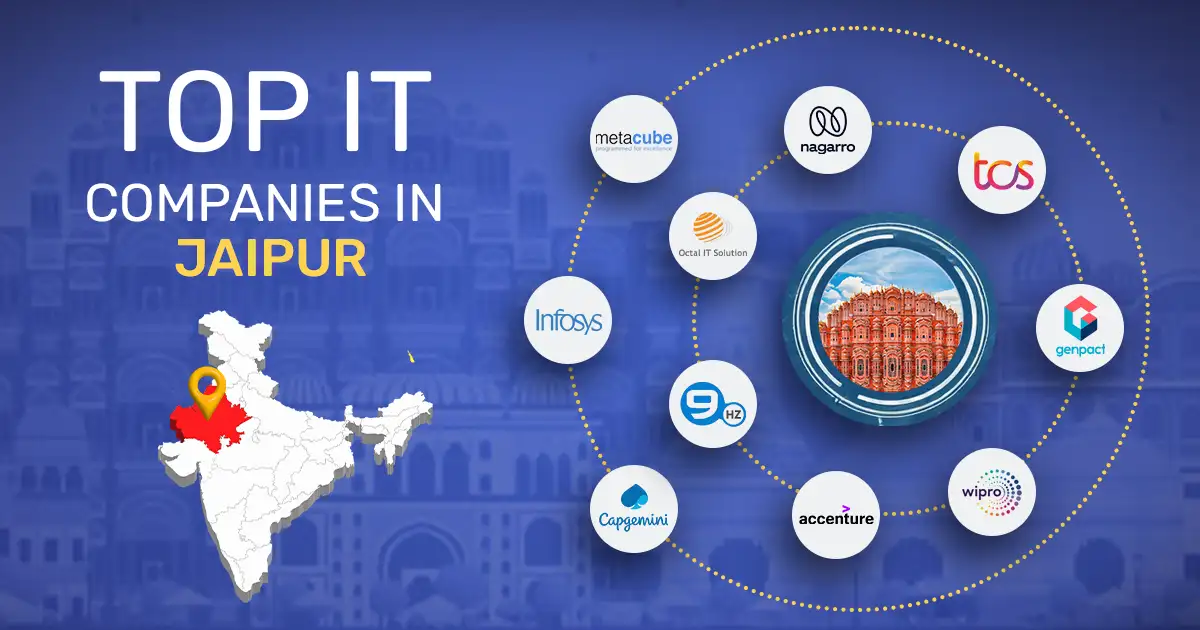
Introduction
The financial industry is experiencing a significant transformation, driven by innovative technological solutions that are changing how businesses and consumers access financial services. One of the most disruptive developments in recent years is Banking as a Service (BaaS). This model enables businesses to integrate financial products and services into their platforms, without the need to establish their own banking infrastructure. Instead, BaaS providers leverage licensed banks’ infrastructure to deliver banking solutions such as payments, loans, and digital wallets via APIs (Application Programming Interfaces).
BaaS is empowering a variety of sectors—fintech startups, e-commerce giants, and even non-financial companies—to embed banking solutions into their platforms. This not only enhances customer experiences but also opens up new revenue streams, drives innovation, and promotes financial inclusion across the globe. From seamless digital payments to the ability to offer integrated financial services, BaaS is reshaping how consumers and businesses interact with financial services.
In this article, we will dive into the essentials of Banking as a Service (BaaS), its impact on the financial landscape, the key components that make up the BaaS model, its benefits for businesses, the challenges of its adoption, and the regulatory aspects companies must navigate when implementing BaaS solutions.
What is Banking as a Service (BaaS)?
Banking as a Service (BaaS) is a business model that allows non-banking companies to offer financial services such as digital payments, loans, savings accounts, and even insurance products by using the infrastructure and APIs of licensed financial institutions. Rather than having to create complex banking systems from scratch, businesses can rely on API integration to offer these services directly through their existing platforms.
Key Elements of BaaS:
- API Integration: The foundation of BaaS is its seamless integration with third-party financial services via APIs, allowing businesses to incorporate banking products into their apps or websites without a banking license.
- Licensed Banking Partners: Non-financial businesses must partner with licensed banks, which handle the regulatory and compliance aspects of providing financial services.
- Digital Payments: BaaS platforms enable businesses to offer various payment methods, such as card payments, mobile wallets, and peer-to-peer transfers.
For instance, an online retailer can integrate BaaS to provide a branded credit card or digital wallet for its customers, allowing them to make purchases, manage their finances, and earn rewards—all without the retailer having to build a banking system.
How BaaS is Transforming the Financial Industry
The rise of Banking as a Service (BaaS) is drastically reshaping the financial industry by enhancing the accessibility and flexibility of financial services. Here’s how BaaS is revolutionizing the industry:
1. Democratizing Access to Financial Services
With BaaS, businesses outside the traditional banking sector, like e-commerce, travel, and telecom companies, can offer financial services without needing a banking license. This opens up financial solutions to a much wider audience.
2. Frictionless Digital Payments
Digital payments have become central to modern banking, and BaaS helps businesses integrate real-time payments, mobile wallets, and peer-to-peer transfers into their platforms seamlessly.
3. Innovative Business Models
Startups and fintech companies use BaaS to test new financial models, develop innovative products, and scale quickly without the burden of maintaining complex financial infrastructure.
4. Financial Inclusion for Underbanked Populations
With BaaS, financial institutions can offer services to underbanked populations, providing them with access to digital accounts, micro-loans, and remittance services through third-party platforms.
5. Customer-Centric Experiences
By embedding financial services directly into their platforms, businesses create a more user-friendly and cohesive experience, reducing reliance on traditional banks and improving customer engagement.
Key Components of a BaaS Model
A successful Banking as a Service (BaaS) solution comprises several critical components that enable seamless service delivery for businesses:
1. API Integration
APIs are the backbone of the BaaS model, allowing businesses to easily connect with banking infrastructure and offer a variety of financial services such as digital payments, account management, and lending.
2. Licensed Banking Partners
Since non-bank companies cannot hold deposits or issue loans directly, licensed banking partners provide the necessary regulatory foundation, offering the security and compliance that businesses require.
3. Compliance and Risk Management
BaaS providers must adhere to strict regulations, including KYC (Know Your Customer) and AML (Anti-Money Laundering), to safeguard against fraud and ensure customer safety.
4. Embedded Financial Services
BaaS empowers businesses to embed financial services into their platforms, enabling them to offer products like insurance, savings accounts, investment options, and lending.
5. Payment Processing
Payment processing capabilities within the BaaS model allow businesses to support a variety of payment methods, from card payments to mobile wallets and UPI transactions.
6. Security and Data Protection
Ensuring the security of financial transactions is crucial. BaaS platforms comply with industry standards such as PCI DSS and GDPR to protect customer data and transactions.
Benefits of BaaS for Fintech Startups and Businesses
The adoption of Banking as a Service offers several key benefits to businesses and fintech startups:
1. Cost-Efficiency
Instead of building complex and costly banking infrastructure, businesses can leverage BaaS to offer financial services at a fraction of the cost, making it an ideal solution for startups.
2. Quick Time-to-Market
With ready-to-use banking solutions, businesses can launch new products quickly, significantly reducing the time needed to develop and deploy financial services.
3. Revenue Generation
Offering financial services, such as lending, insurance, and digital payments, creates new revenue streams for businesses and helps them diversify their offerings.
4. Global Scalability
Businesses can scale their financial services across regions without having to worry about building new banking systems, making BaaS an ideal solution for global expansion.
5. Enhanced User Engagement
By integrating financial services into their platforms, businesses create a more engaging experience for their customers, which can increase user loyalty and reduce churn.
Regulatory Compliance for BaaS Providers
Since Banking as a Service involves managing customer funds, compliance with regulations is essential to ensure the safety of both consumers and businesses.
1. Know Your Customer (KYC)
Businesses offering financial services through BaaS must implement KYC procedures to verify the identity of their customers, preventing fraud and money laundering.
2. Anti-Money Laundering (AML)
BaaS providers must comply with AML regulations to detect and prevent illegal activities, ensuring that their services do not facilitate financial crimes.
3. Data Protection
With sensitive financial data being handled, BaaS platforms must adhere to data protection laws such as GDPR and PCI DSS to safeguard customer information.
4. Partnership with Licensed Banks
Non-banking businesses must collaborate with licensed banks to ensure compliance with banking laws and regulations when offering financial services.
Challenges in Implementing BaaS Solutions
While Banking as a Service (BaaS) offers immense opportunities, it also comes with its share of challenges:
1. Navigating Global Regulations
For businesses operating in multiple regions, understanding and complying with varying financial regulations can be a significant challenge when implementing BaaS solutions.
2. Cybersecurity Concerns
With increasing cyber threats, businesses must ensure secure API integrations and implement strong fraud prevention mechanisms to protect customer data.
3. Service Delivery and Reliability
Businesses relying on BaaS providers must ensure seamless service delivery, as any disruption in banking services could severely impact their operations.
4. Building Trust with Customers
To successfully integrate Banking as a Service, businesses must build trust with customers by ensuring data security and offering reliable financial services.
Conclusion: The Future of Banking as a Service
Banking as a Service (BaaS) is transforming the financial landscape, enabling businesses to offer integrated banking solutions, digital payments, and other financial services without the need to become traditional banks. From fintech startups to established e-commerce platforms, companies across industries are leveraging BaaS to enhance customer experiences, promote innovation, and tap into new revenue streams.
However, adopting BaaS comes with its own set of challenges, particularly in terms of regulatory compliance, data security, and service reliability. By partnering with the right BaaS providers and ensuring adherence to financial regulations, businesses can successfully integrate banking solutions into their platforms, driving growth and improving user engagement.
Call to Action:
If you’re ready to explore how Banking as a Service (BaaS) can transform your business, Registerkaro is here to help. We specialize in helping businesses navigate the regulatory landscape and integrate seamless financial services into their platforms. Contact us today to get started!




